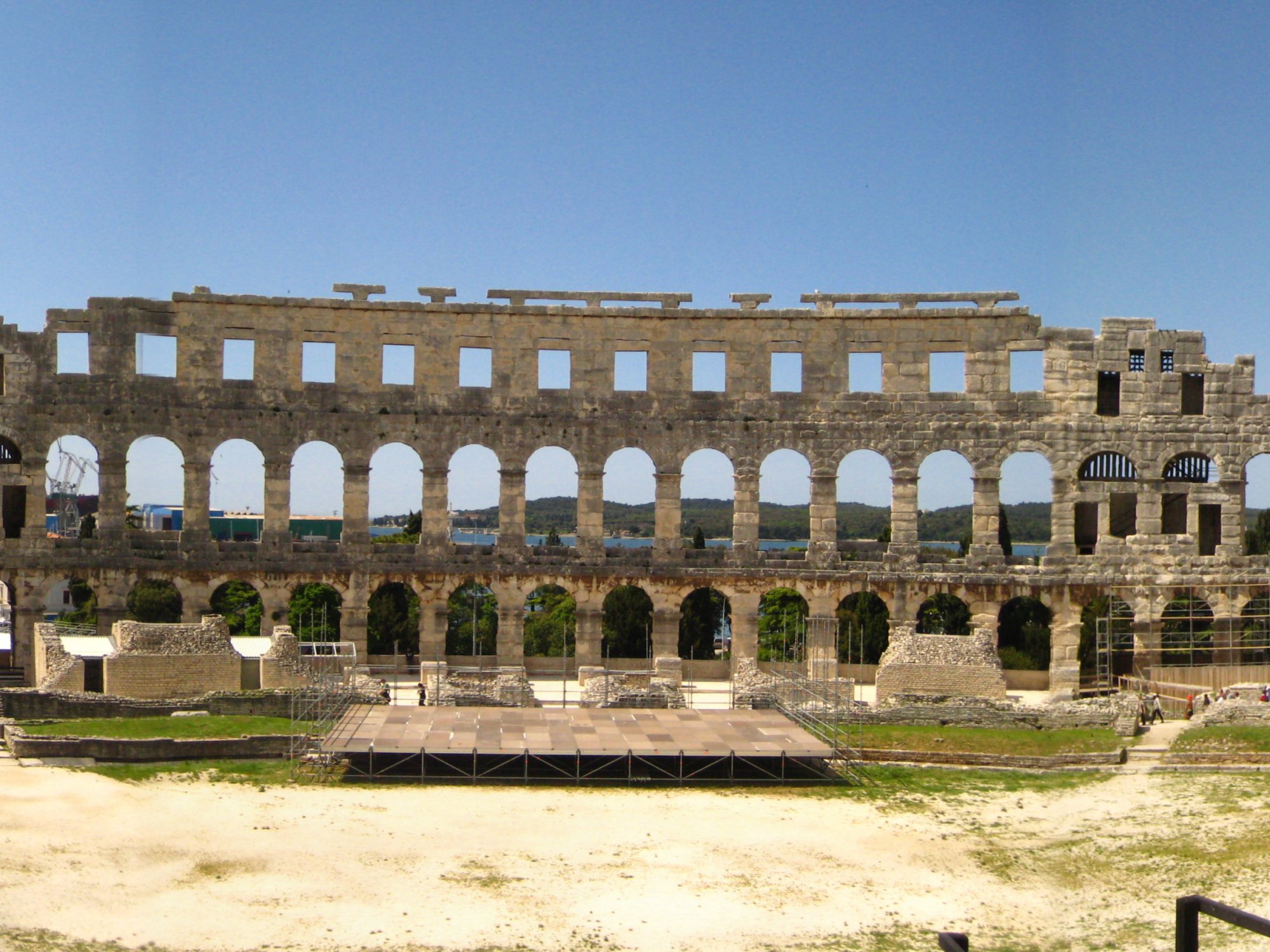“The Modern concept of disciplinarity and the system of knowledge specialties called disciplines really began outside the medieval universities in such institutions as the British Royal Society and other ‘invisible colleges'” (Repko 65).
Discipline was introduced as “discipline” by the Romans and was originally applied to the professions because of the need that was perceived to relate education to specific political, economic, and ecclesiastical ends. These fields were put into the academic curriculum of the Western university in the twentieth century and some play a role in the interdisciplinarity’s history.
 The movement, the Enlightenment was an intellectual movement that accentuated the progress of human knowledge through the powers of reason. It justified the movement known as modernism. The scientific revolution accentuated greater specialization and lifted research activity, at first in the sciences and then eventually all the disciplines.
The movement, the Enlightenment was an intellectual movement that accentuated the progress of human knowledge through the powers of reason. It justified the movement known as modernism. The scientific revolution accentuated greater specialization and lifted research activity, at first in the sciences and then eventually all the disciplines.
bartb_pt. Roman. May 5, 2008.
Repko, Allen F., Rick Szostak, and Michelle Phillips Buchberger. Introduction to Interdisciplinary Studies. N.p.: n.p., n.d. Print.

This work is licensed under a Creative Commons Attribution 4.0 International License.

I’d like to hear a bit more about this in your own words. The summary is solid, but it feels more like a restating of Repko than you explaining things in your own way. There’s not much to go on here, so a little more detail, some explanation in your own words, and a linking of these ideas to your own experience with your work would help make this a fuller and more useful post…
LikeLike